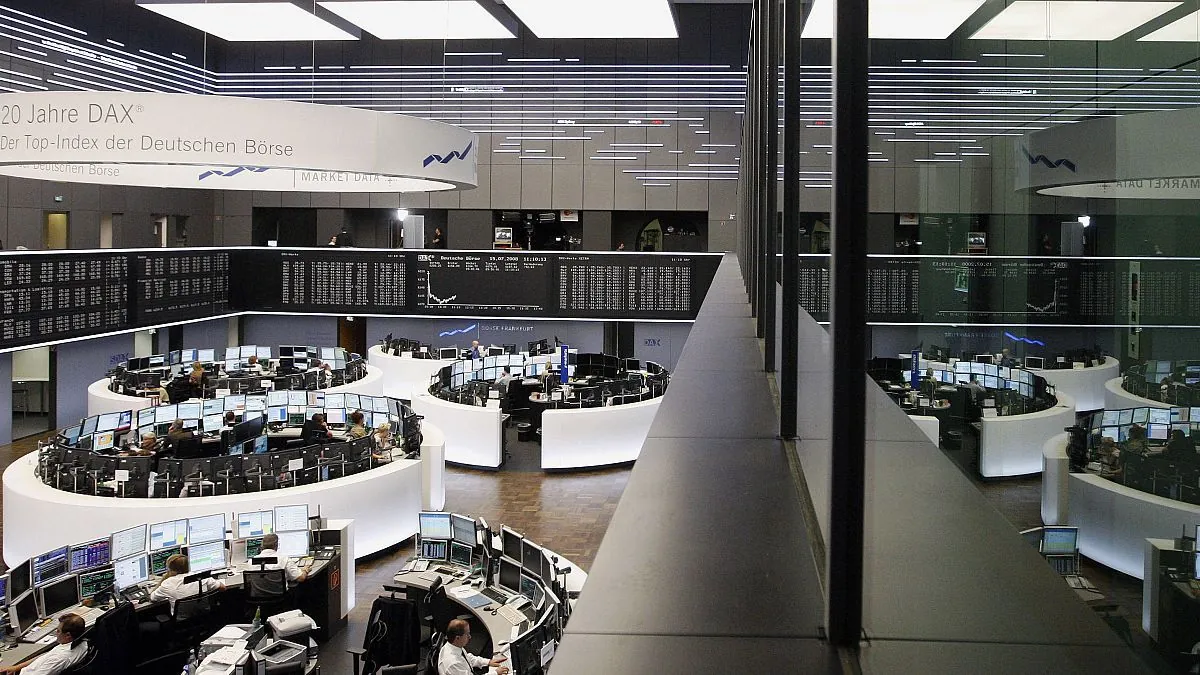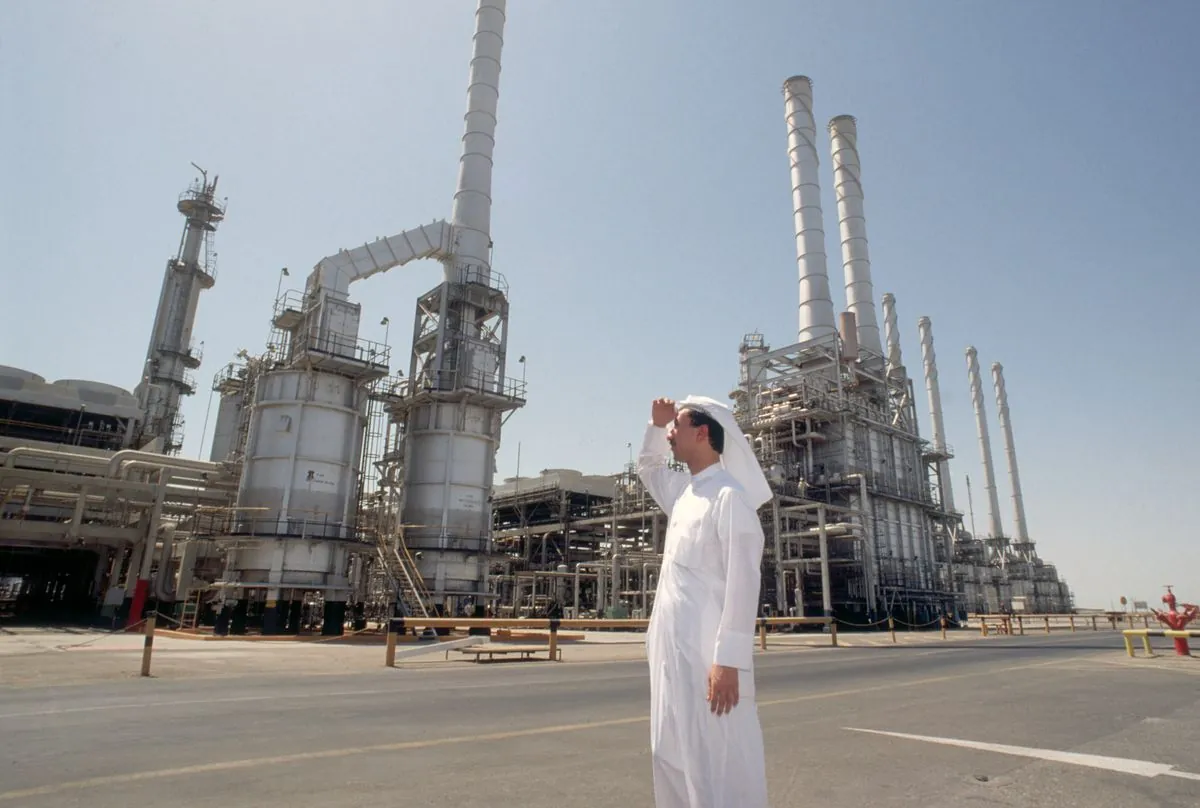Gulf Markets Mixed as Regional Tensions Rise; Saudi Streak Ends
Gulf stock markets showed mixed performance amid escalating regional tensions. Saudi index ended its seven-day winning streak, while Egypt's blue-chip index gained. OPEC+ plans production increase.

On September 29, 2024, Gulf stock markets exhibited a mixed performance as geopolitical tensions in the region intensified. The Saudi index, which is part of the largest stock exchange in the Arab world, concluded its seven-day winning streak with a 0.8% decline. This development occurred against the backdrop of escalating conflicts in the Middle East, particularly between Israel and Lebanon.
Saudi Arabia, the largest economy in the Middle East and the world's largest oil exporter, saw its benchmark index affected by various factors. The Al Taiseer Group, an aluminium products manufacturer, experienced a 1.3% decrease. Additionally, Saudi Aramco, the world's largest oil company by revenue, retreated by 1.3%. These movements reflect the complex interplay between geopolitical events and economic factors in the region.
The oil market, a crucial catalyst for Gulf financial markets, witnessed a decline in prices during the previous week. Investors weighed expectations of higher global supply against fresh stimulus measures from China, the top crude importer. This situation highlights the delicate balance between supply and demand in the global oil market, which significantly impacts the economies of Gulf Cooperation Council (GCC) countries.

In a significant development, the Organization of the Petroleum Exporting Countries (OPEC) and its allies, collectively known as OPEC+, announced plans to increase production by 180,000 barrels per day each month starting from December 2024. This decision by OPEC+, an alliance formed in 2016 between OPEC and non-OPEC oil-producing countries, could have far-reaching implications for global oil supply and prices.
Meanwhile, Qatar's stock index remained unchanged. Qatar, which possesses the world's third-largest natural gas reserves and is the largest LNG exporter, has been navigating the complex regional dynamics while maintaining its economic stability.
Outside the Gulf region, Egypt's blue-chip index registered a 0.6% gain, with Talaat Mostafa Holding showing a 1.6% increase. Egypt, with the second-largest economy in Africa after Nigeria, has been working to attract investments and stabilize its financial markets. The Egyptian Exchange, established in 1883, is one of the oldest in the Middle East and plays a crucial role in the country's economic landscape.
In the realm of diplomacy, Egyptian President Abdel Fattah al-Sisi expressed support for Lebanon's sovereignty during a meeting with Lebanese Prime Minister Najib Mikati. This statement comes at a time of heightened tensions in the region, with Lebanon facing both internal challenges and external pressures.
The current situation in the Middle East underscores the intricate relationship between geopolitical events and financial markets. As the region continues to navigate these complex dynamics, the performance of Gulf stock markets will likely remain closely tied to both local developments and global economic trends.
"We are prepared for all scenarios, including the possibility of a ground operation in Lebanon. Our primary objective is to ensure the safety and security of our citizens."
This statement reflects the growing concerns about the potential for a wider conflict in the region. Israel's actions, including strikes on targets in Lebanon and the reported killing of Hezbollah's leader and other top commanders, have heightened tensions and raised alarms about the possibility of escalation.
As these events unfold, the Gulf region, which holds about 40% of the world's known oil reserves, finds itself at the intersection of global energy markets and regional geopolitics. The performance of stock markets in countries like Saudi Arabia, Qatar, and Egypt will continue to be closely monitored as indicators of both economic health and investor sentiment in this strategically important part of the world.


































